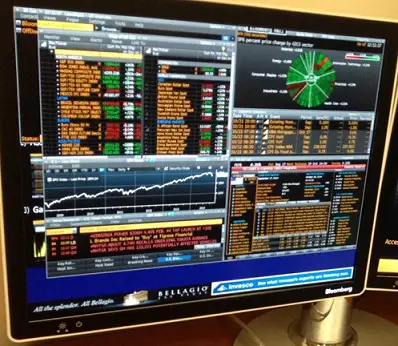CNBC reported Friday that in 2022, major European stock indices struggled, as most had their worst years since before the Covid-19 pandemic.
The pan-European Stoxx 600 index was down 12% for the year as it began its last official day of trading for 2022. That marked its worst yearly drop going back to a 13.24% fall in 2018, according to the report.
Meanwhile, the French CAC 40 is on track for a 12% drop for the year, as the German Dax is down 18% for 2022, with both indices having their worst year in half a decade. The FTSE 100 in the UK has managed to avoid such bad performance, but it is still down 2% for the year.
Experts say the poor performance of these indices is attributable to the geopolitical problems rampant in the world this year, prominent among them the war in Ukraine, and the subsequent disruptions in trade with Russia that were produced by Western sanctions.
As Europe was suddenly deprived of cheap Russian pipeline gas and ample Russian crude oil supplies, energy deliveries had to be routed from elsewhere, disrupting existing global energy supply lines and forcing the formation of new ones. As global energy flows were rerouted, the market disruption caused sweeping price increases in the West, which fed inflation, triggered hawkish central bank action, and generated fears of a global recession. This ushered in a cost of living crisis throughout the West which has weighed down economies everywhere with a mix of rising prices and higher borrowing costs.
At the same time, China proved resistant to a stable reopening due to the nation’s stringent adherence to its strict zero-Covid policies, which caused several attempts to fully reopen the world’s second-largest economy to falter as swaths of vital manufacturing and distribution centers were fully locked down by the government. This produced supply chain disruptions which fed inflationary pressures, and engendered uncertainty in the markets.
Analysts predict that the reduced appetite for riskier investments like stocks, which we saw throughout 2022, may remain for much of 2023.
Craig Erlam, senior market analyst at the forex trading platform OANDA, said in an interview with Bloomberg, “Investors are going into 2023 with a cautious mindset, prepared for more rate hikes, and expecting recessions around the globe. And then there’s China and its U-turn on Covid prevention. It’s been quite the shift from fighting every case to living with the virus and that creates enormous uncertainty for the start of the year.”

